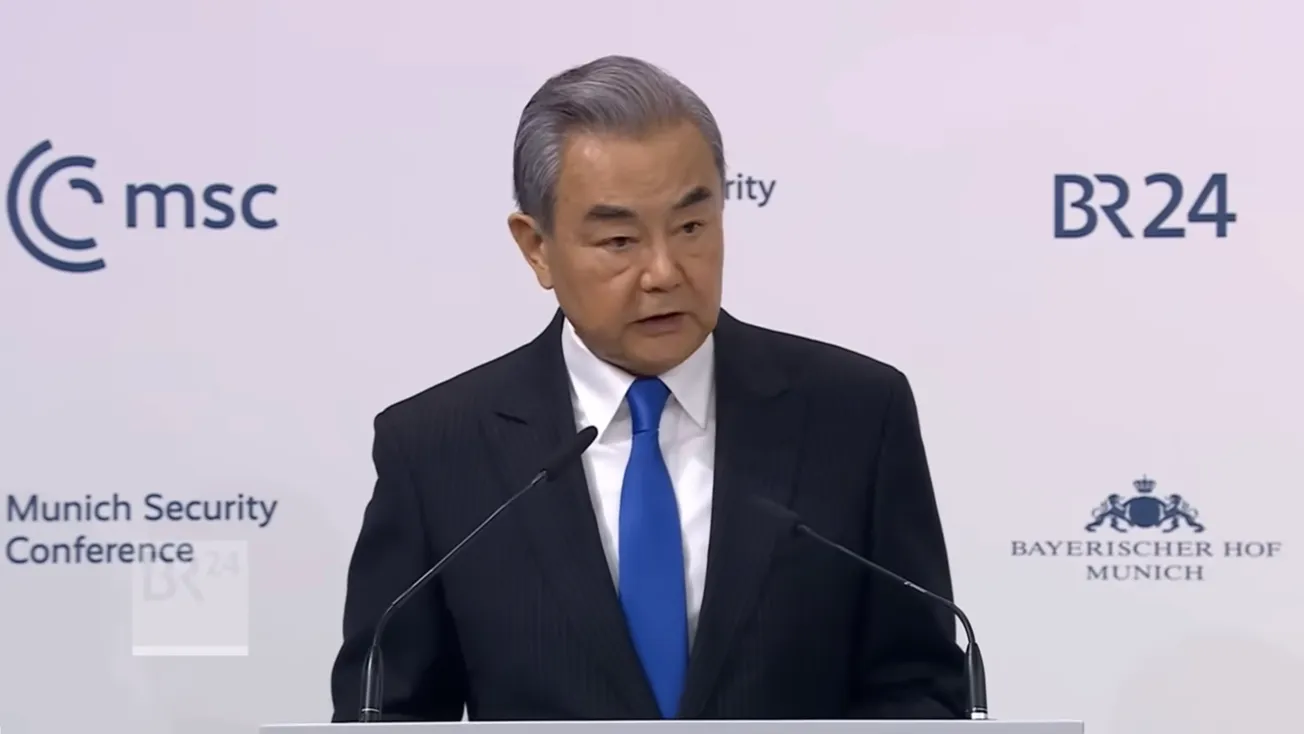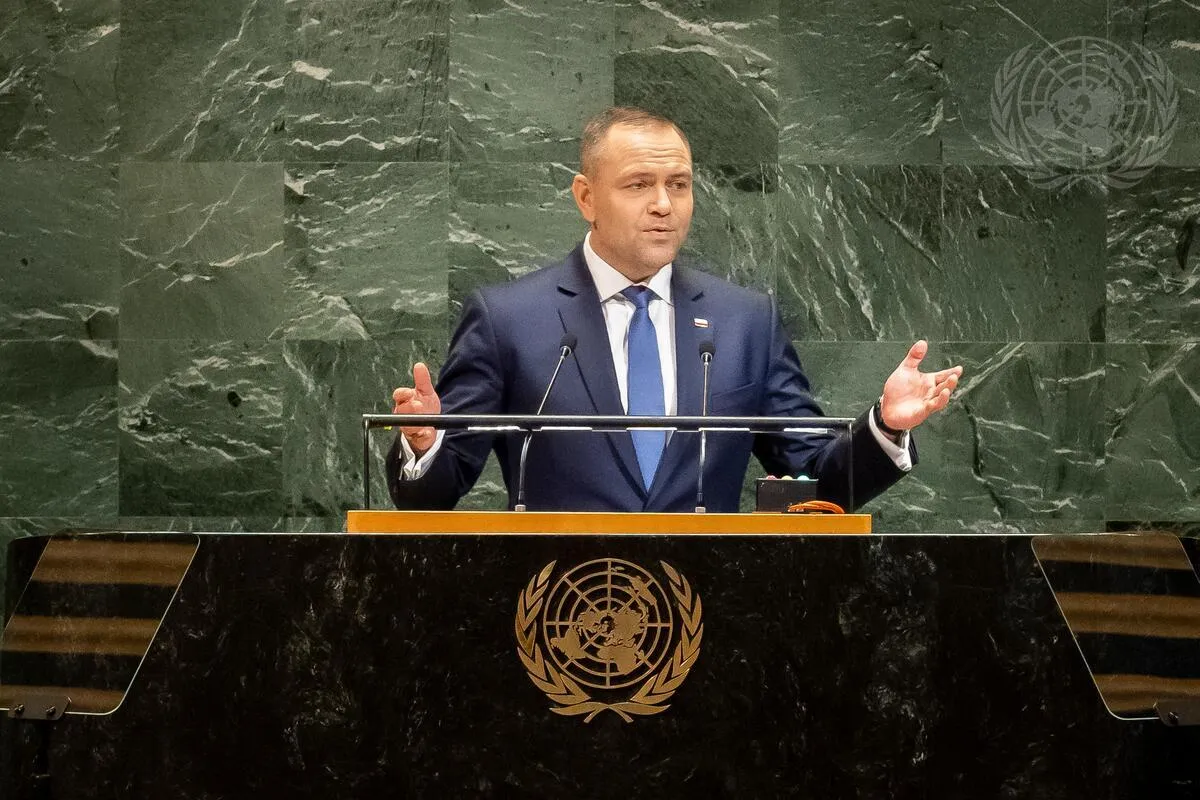Dr. Justin Yifu Lin, the former chief economist at the World Bank, issued a scathing attack on the Western approach to the “development” of Africa, accusing the methods used assure there would be no development, and contrasted that to the Chinese Belt and Road approach to infrastructure development to actually lift African countries out of poverty, and to become modern industrial nations. Lin’s article appeared in the Dec. 6 Project Syndicate, co-authored by Dr. Yan Wang from the Boston University Global Development Policy Center. (Dr. Wang spoke at the Dec. 12-13, 2020 Schiller Institute Conference on “The Chinese Economic Model.”)
Dr. Lin, now the Dean of the Institute of New Structural Economics and Dean of the Institute of South-South Cooperation and Development in China, challenges the IMF/World Bank measure of a nation’s wealth and capacity to absorb debt as severely flawed, taking account only of liabilities and GDP. “This reflects the predominance of short-term thinking,” he asserts. “Whereas GDP indicates how much monetary income or output a country produces in a year, wealth also covers the value of the underlying national assets, including the human, natural, and produced capital that form the foundations of a country’s comparative advantages. As such, wealth accounting provides essential insights into a country’s prospects for maintaining and increasing its income over the long term.”
The result of the failed IMF method, especially in this pandemic, is that “many low- and lower-middle-income countries continue to suffer more fundamental deficiencies, such as a lack of health-care personnel and resources, from hospital beds to ventilators. For some, it is the inability to deliver clean water, electricity, and sanitation that is choking the economy.
After 70 years of development aid and cooperation, how is it possible that many countries remain stuck in low- or lower-middle-income traps without sufficient capacity to meet their citizens’ basic needs? Both market and government failures–rooted not least in the longstanding neoliberal orthodoxy–can be blamed.”
Lin continued: “A core problem is that all that aid did not adequately address infrastructure bottlenecks. This partly explains why African countries have often welcomed Chinese investment.” He then summarized the massive Chinese infrastructure development in Africa:
“China financed, constructed, and completed thousands of hard and soft infrastructure projects in Africa in the first two decades of this century. This includes over 6,000 km (3,728 miles) of railways in Africa, and roads covering roughly the same distance. China has also constructed nearly 20 ports, over 80 large-scale power plants, more than 130 medical facilities, 45 stadiums, and 170 schools.”





